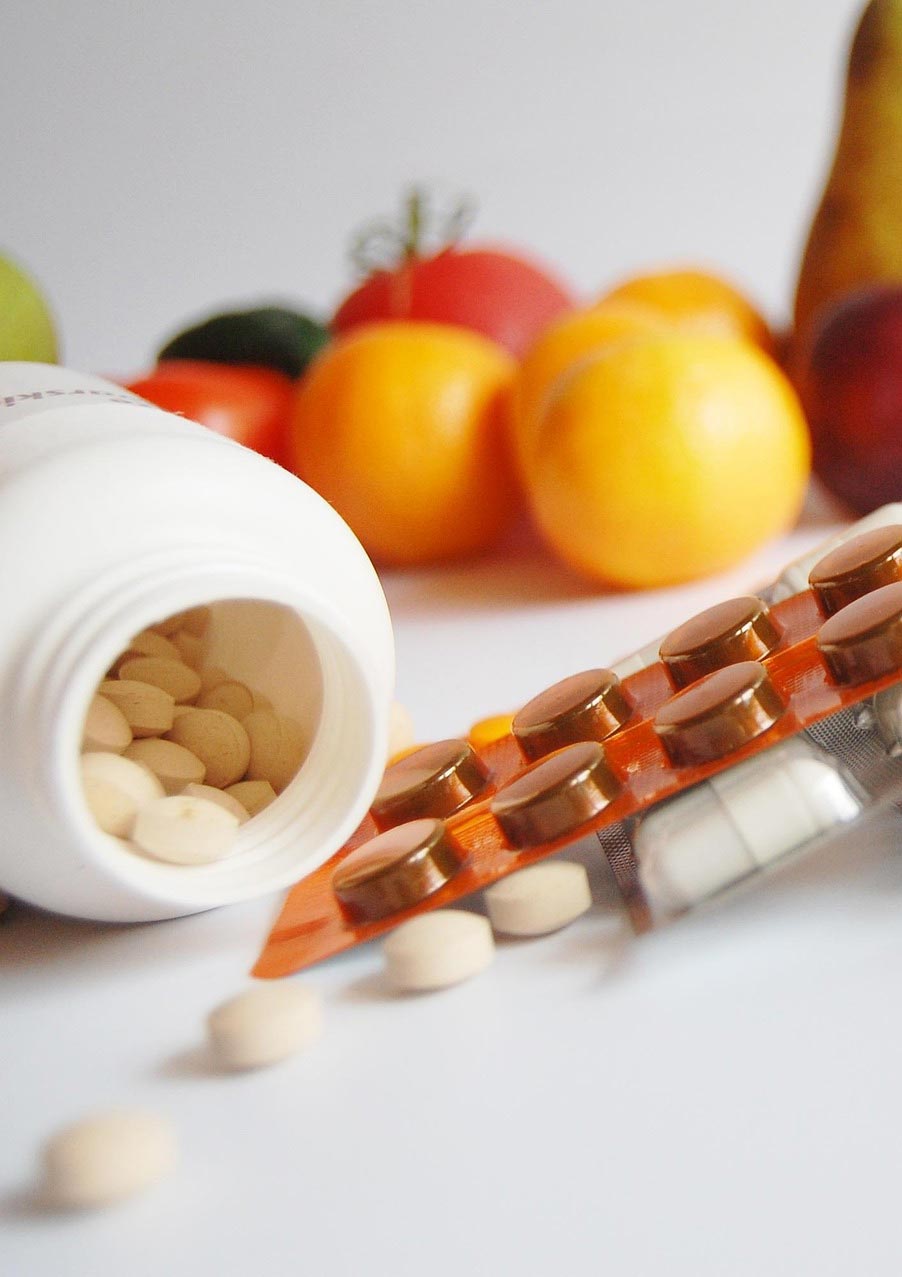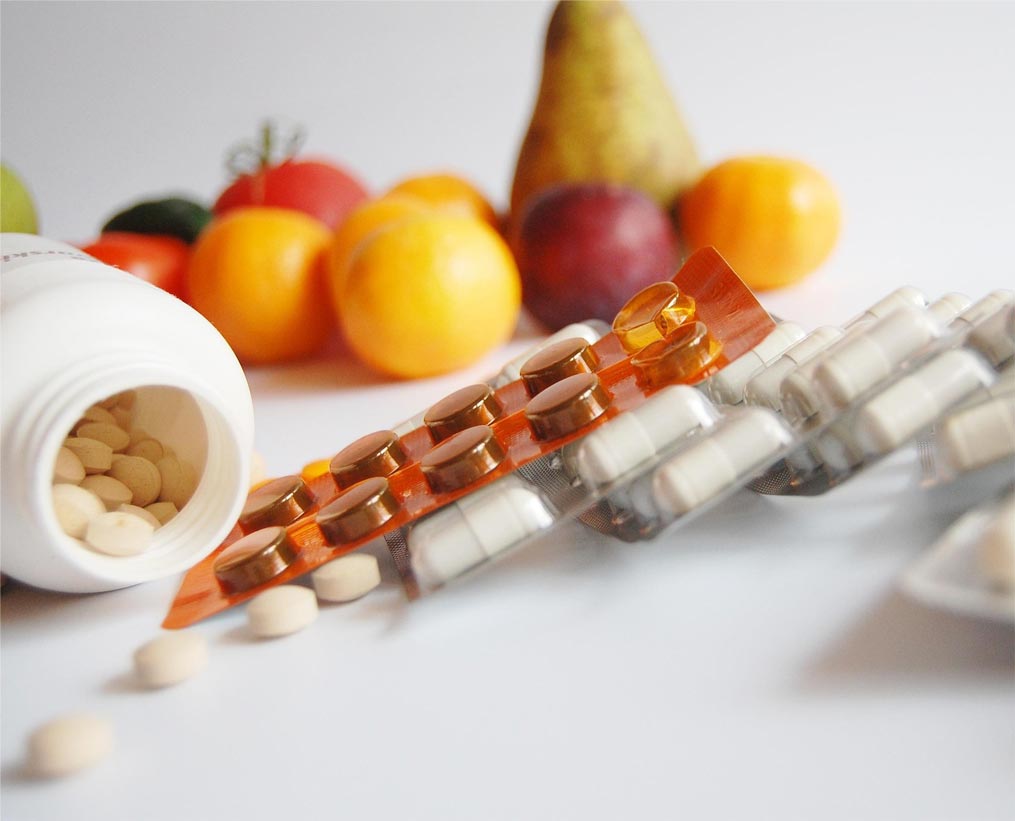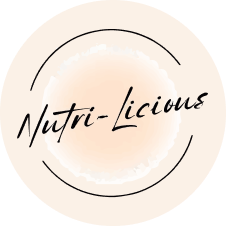Iron Supplement Not Working? Top 7 Mistakes to Avoid During Pregnancy
Iron deficiency is one of the most common nutrient deficiencies during pregnancy, and for good reason. Pregnancy increases your daily iron needs from 18 mg to 27 mg to support your growing baby and the increased blood volume required to nourish them. While requirements are usually stable in the first trimester because menses cease, they steadily rise to 27mg per day thereafter. However, some women may need extra iron in the first trimester itself if their iron stores were depleted prior to pregnancy. In fact, many women struggle to meet their pregnancy iron needs through diet alone regardless of trimester, which is why iron supplements are often recommended.
Why Is Iron Important in Pregnancy?
Iron is essential for making haemoglobin, the protein in red blood cells that carries oxygen throughout your body and to your baby. Low iron levels during pregnancy can lead to anaemia, with more than one third of women worldwide affected. Anaemia in pregnancy can cause symptoms like:
- Fatigue and weakness
- Difficulty concentrating or headaches
- Pale skin and nails
- Shortness of breath
- Dizziness or light-headedness


Untreated anaemia during pregnancy can increase the risk of complications such as preterm birth, low birth weight, pre-eclampsia or even postpartum depression. That’s why addressing iron deficiency is so important.
How Is Iron Deficiency Diagnosed?
Iron deficiency is diagnosed through a blood test that checks your haemoglobin and ferritin (iron stores) levels. If your levels are low, your doctor, midwife or dietitian may prescribe an iron supplement, as diet alone is unlikely to replenish your iron stores quickly enough during pregnancy.
It’s also important to note that relying solely on a prenatal multivitamin may not be sufficient to meet your iron needs. Prenatal vitamins are designed to provide a balance of nutrients but do not contain enough iron to correct an existing deficiency. If you are diagnosed with iron deficiency, a separate, targeted iron supplement is required.
Top 7 Mistakes That Could Be Preventing Your Iron Supplement from Working
Most women start to feel improvements within 2–4 weeks of taking a prescribed supplement and you will likely have regular blood tests to check that your levels are rising. But what if you’re still feeling tired, breathless, or just not seeing the results you expected? You may be unknowingly making one of these common mistakes.
Calcium competes with iron for absorption, so taking your iron supplement alongside calcium supplements can significantly reduce its effectiveness.
Tip: Take your iron supplement at least 2 hours apart from calcium supplements.
Zinc and iron also compete for absorption in the gut, which can reduce how much of each mineral your body absorbs. If you’re taking zinc supplements, this may interfere with your iron levels.
Tip: Separate iron and zinc supplements by a couple of hours to ensure optimal absorption of both.
Antacids like Gaviscon and Gastracid or acid-reducing medications (like PPIs e.g., Omeprazole) can decrease stomach acid, which is essential for breaking down and absorbing iron. Many iron supplements rely heavily on stomach acid for absorption.
Tip: Avoid antacids within 1-2 hours of taking iron supplements.
Tea and coffee as contain compounds called tannins and polyphenols, which can significantly prevent iron absorption. Even decaf varieties can have a similar effect.
Tip: Avoid tea or coffee for at least 1–2 hours before and after taking your iron supplement.
Common side effects of iron supplements include nausea, constipation, and stomach upset. Unfortunately, stopping your supplement can leave your iron levels dangerously low during pregnancy. While ferrous supplements are less expensive and well-absorbed, they are associated with the most gastrointestinal side-effects.
Tips:
- Switch to a gentler formulation, a slow-release iron supplement or one with a lower dose.
- Try taking your supplement with food (but not calcium-rich foods!) to reduce nausea. Quick examples include a banana, a few plain crackers or a slice of toast with peanut butter.
- Increase your fluid and fibre intake to ease constipation, favouring food options which have a gentle laxative effect such as chia seeds, pears, papaya, prunes and kiwifruit.
If side effects persist, seek professional support for tailored solutions.
Timing matters. Iron is best absorbed on an empty stomach, but this can increase the likelihood of side effects. Balancing effectiveness and tolerability is key.
Tip: Find the timing that works for you—either 1 hour before a meal or 2 hours after eating. For some women, taking iron 10-15minutes before they go to bed at night works well. Studies have also found that taking iron supplement every second day is as effective as taking it each day, while helping to significantly reduce side effects.
While enteric-coated or slow-release iron supplements may seem like a gentler option, they are often less effective. These coatings are designed to protect the stomach but can interfere with iron absorption since iron is best absorbed in the upper part of the small intestine.
Tip: If you’re using a coated supplement and not seeing results, consider switching to a standard formulation.
Practical Strategies for Meeting Your Iron Needs
Remember that dietary tweaks will complement your iron regimen:
- Focus on haem iron-rich foods like lean red meat, chicken and fish.
- Pair iron sources, especially plant-based (non-haem) ones like lentils, dhall, beans, tofu, and spinach which are less easily absorbed by the body, with vitamin C-rich foods.
- Vitamin C-rich foods include fresh capsicum, tomatoes, citrus fruits, kiwi, papaya, strawberries, pineapple.
- Avoid calcium-rich foods such as milk, cheese, yogurt, and calcium fortified plant milks during iron-rich meals to maximise absorption.
Beware of excessive iron
Getting enough iron during pregnancy is essential, but having too much can cause problems too. Too much iron will make it harder for your body to absorb other vital nutrients and has been associated with an increased risk of gestational diabetes and foetal growth restriction. Striking the right balance ensures both you and your baby stay healthy.

Need further help?
If you’re feeling overwhelmed or unsure about which iron supplement is best for you, or if your symptoms persist despite taking supplements, don’t hesitate to reach out. As a prenatal dietitian I provide personalised advice, help manage side effects, and ensure you and your baby are getting the nutrients you need for a healthy pregnancy.



